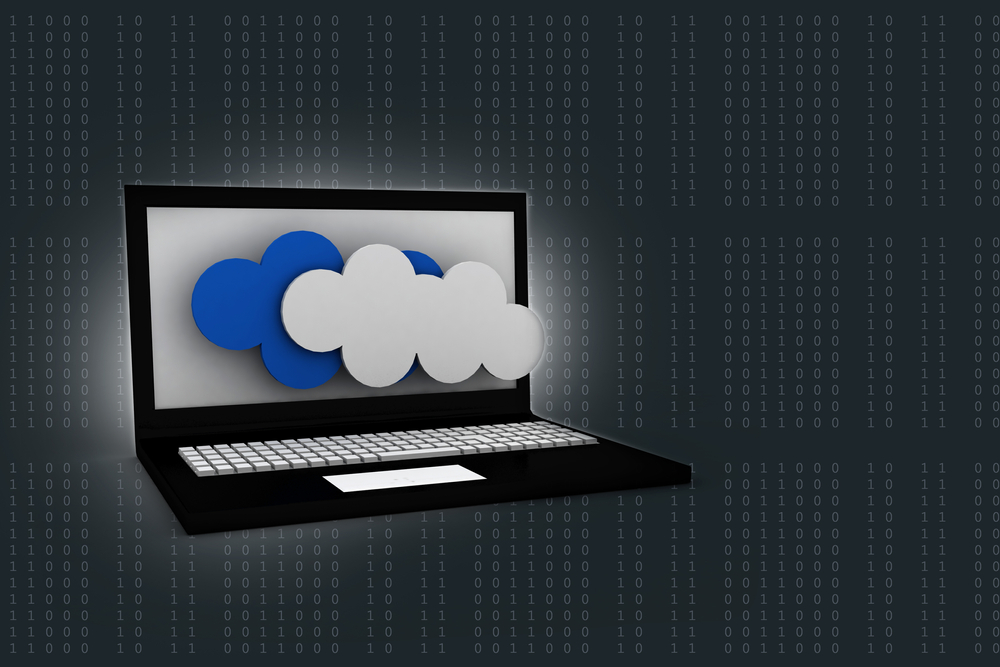Hey there! Or should I say “Aye, laddies and lassies!” I am back from a fantastic two weeks in Scotland. Great people, wonderful food. No jokes about kilts, haggis, or Nessie. Let me get back to a topic I previewed a couple months ago: updates to Microsoft’s cloud-first grant program. I will start with the specifics and then get a bit more high-level. Or I could show you my Scotland photos. Your choice!
Here is What is Changing in the Cloud-first Grant Program
As I related last time, Microsoft is rationalizing its cloud-first grant program by focusing its core offering on Microsoft 365. This service works for up to 300 users, which would cover most of our customers. Microsoft’s cloud-first grant here includes ten free Microsoft 365 Business Premium licenses (like Enterprise E3 which many of you have). Additional Business Premium licenses can be purchased at the nonprofit price of $5 per user per month.
Sharp Finance types will note this is $0.50 more than the historic E3 nonprofit price. Here I must reassure you that your current Office 365 E3 subscriptions are not in danger. As with most things, Microsoft is not forcing anyone to rip up their current non-profit subscription in favor of the subscriptions they are promoting today.
Here is the new part in the cloud-first grant program. Microsoft will no longer be providing grants for downloadable software (think, Office). Nonprofits can still get Office software at steeply discounted prices (up to 75% off list). And nonprofits can still obtain rights to Office software via the Business Premium SKU I described above.
You might think that this change in the cloud-first grant program represents Microsoft taking something valuable away from its nonprofit customers. You would not be wrong, but I think there is a bigger implication here. Microsoft is saying, “Hey, the time has come to focus on cloud-first. We are giving you free access to Office Online. And it is as good, if not better, than the downloaded Office software.”
Time to Rethink How Work is Performed
There have been countless pieces written on the pandemic and how it is changing the nature of work. Heck, I have even written a few of those myself. Worry not. I am not in the mood to write another magnum opus on the topic when my head is still thinking about buttery mussels, sideways rain, and golfing at St. Andrews. Still, when I review this change in the cloud-first grant program, I see it as a hard nudge in the direction of doing things differently.
For instance, think about your virtual desktop infrastructure setup. You created this complicated environment so staff can access applications and data from home, as if they were at work. I don’t need to tell you that it is often a source of frustration for you (keeping it running) and staff (unable to work when it is not). If you are running VDI or other Remote Desktop infrastructure to give staff access to Office software… why? I remember helping a customer in Southern California move to Office 365. They initially ran remote email access via Outlook accessed through Remote Desktop Services. After dealing with issues and complaints, they realized there was nothing to be gained with this arrangement. They encouraged staff to connect directly to Office 365 email and have not looked back since then.
Something to Consider from Slack and Dreamforce
Yes, this is a bit out-of-the-blue. Meaning, my favorite kind of thread to pick up. I was reading an article on Slack’s “debut” at Dreamforce when a comment hit me. The article talked about how Slack emphasized channels (threaded conversations on a topic) as a way of differentiating itself from simpler chat applications. The article stated that this point is not well understood by many folks.
The comment brought me back to work I did this summer helping an organization adopt Teams. During the rollout we struggled a bit to describe channels (these exist in both Teams and Slack) as something different than chat. Channels are a version of chat, but that misses the point. Channels capture context. And context enables alignment. As a bonus, channels replace those threaded email conversations, that inevitably splinter as participants create separate reply-all threads within them.
What Can Scotland Teach Us?
OK, this has nothing to do with Microsoft’s cloud-first grant program (or does it?) There were some COVID-19 impacts I witnessed while visiting Scotland that I think carry a message.
- It is harder to be spontaneous. We had to make a reservation most places for dinner. Whisky tasting, if it happened at all, required a reservation. So did distillery tours. Will there be impromptu birthday celebrations in the office going forward?
- Contactless payment was the rule. Many places did not even take cash. Philanthropies have already wrestled with movement away from printed checks, so this one is not so new.
- Signs everywhere urged people to “be kind/be patient/be safe”. Some restaurants were even more explicit, asking diners to cut the wait staff some slack. We have all learned how to accommodate needy cats and Zoom-bombing kids as we met via video. We will need to extend that kind of consideration as we host hybrid in-person/remote meetings.
A Final Cloud-first Grant Update: Account Guard
Before signing off I will mention one other cloud-first grant update. Microsoft has created a security service called Account Guard, designed to protect organizations from nation-state attacks. The service is free to qualifying organizations. Mostly, these are US-based election or party organizations. But the service is also available to US-based organizations that advance democracy. I know more than a few nonprofits that fit this bill. If you want to know more about Account Guard, let me know.
It is getting time for a wee dram. Thanks for sticking with me to the end of this post. Let me know if you would like to see a picture or two of my vacation in Scotland.





0 Comments